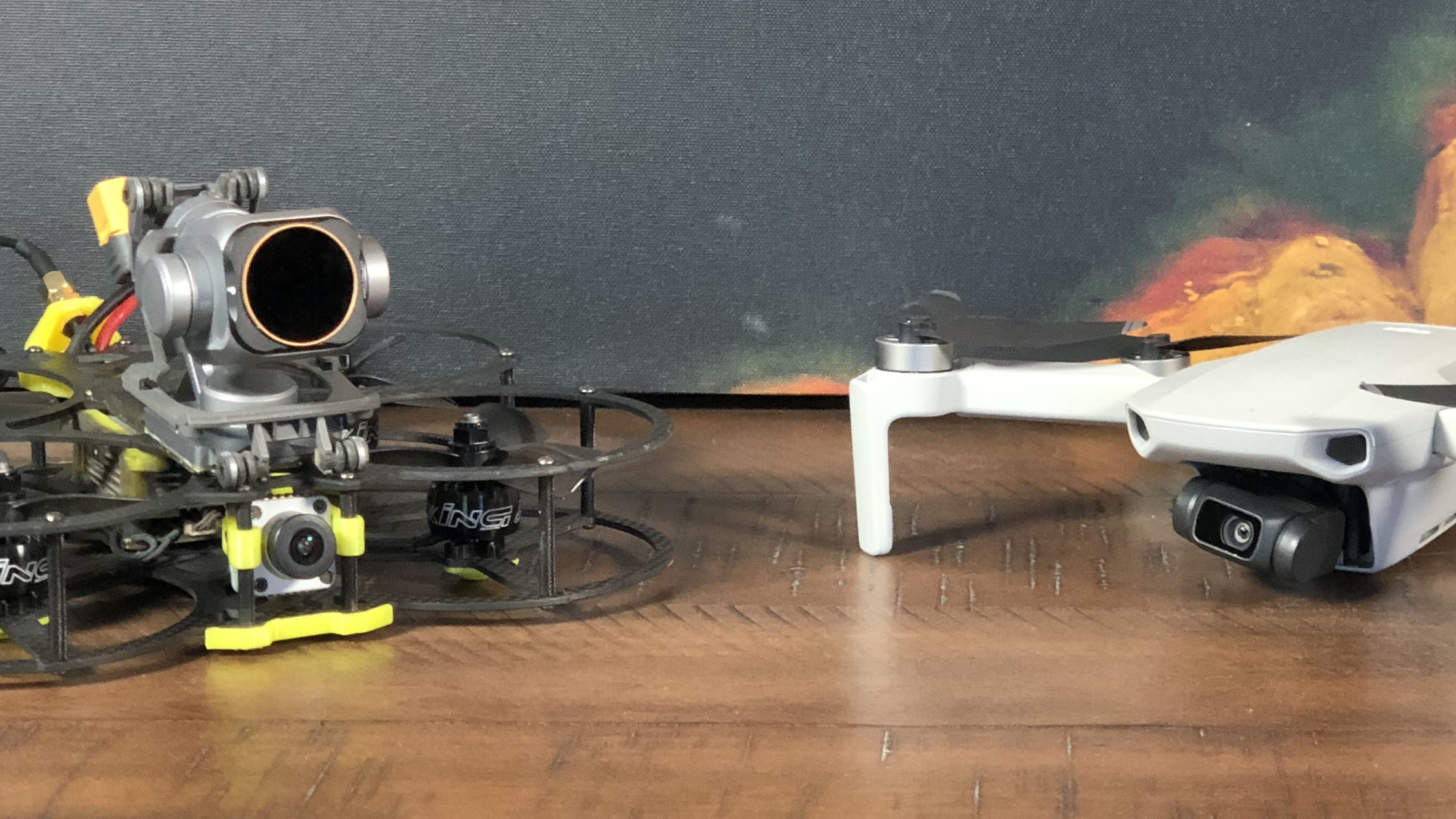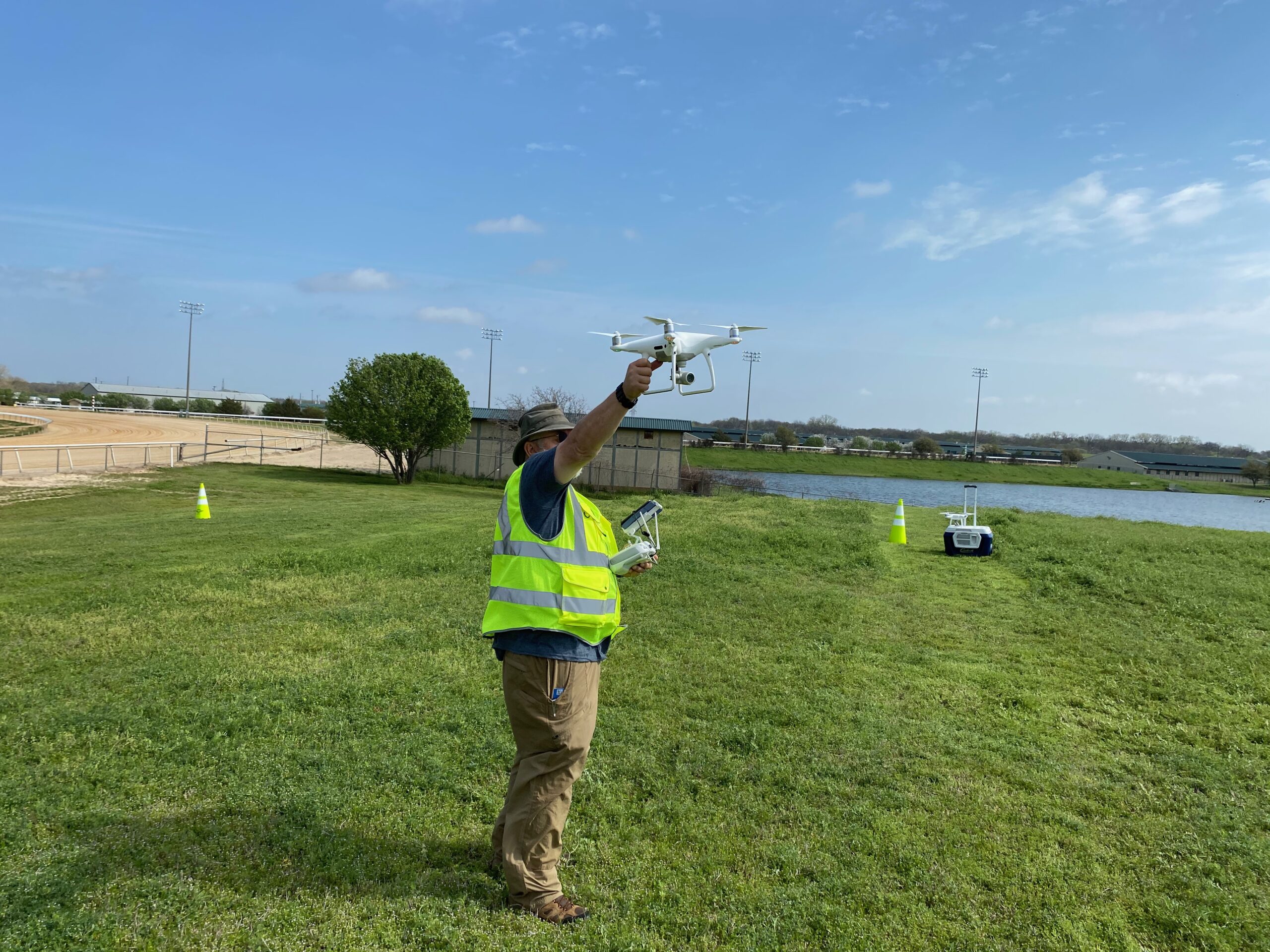Have DJI drones been actually blacklisted? If so, how will it impact you as a drone pilot?
You’ll find the answers in this article.
DJI, one of the largest drone manufacturers in the world, has received more confusing news for its US operations.
DJI Drones were first blacklisted by the US government’s commerce department and now by the Department of Defense (DoD). Potentially making purchasing DJI drones much more difficult in the future.
DJI drones have received praise from consumers for their innovative design and ease of operation. So if you are a DJI fan, you will find out more about the fine print and the way ahead.
Have DJI Drones Been Blacklisted?
Shenzhen-based drone manufacturer DJI Technology Co., Ltd. is estimated to control more than 50 percent of the global market for commercial drones. On the contrary, they are included in the list of companies banned from receiving U.S. military contracts.
DJI was placed on the list in 2020, joining 76 other blacklisted companies. This includes companies such as Huawei and SMCI. It was initially thought this would occur due to national security concerns. But the US Commerce Department cited “human rights abuses” as the reason for DJI’s inclusion. Even with this being the case, based on our recent discussion with Kevin F, (notorious DJI hacker) there are still significant data issues. But we’ll leave that for future articles.
The blacklist gives the US president the power to impose penalties on organizations that are thought to be associated with the Chinese military.
According to the Commerce Departments website “The Entity List is a tool utilized by BIS to restrict the export, re-export, and transfer (in-country) of items subject to the Export Administration Regulations (EAR) to persons (i.e., individuals, organizations, and companies) reasonably believed to be involved, or to pose a significant risk of becoming involved, in activities contrary to the national security or foreign policy interests of the United States. Additional license requirements apply to exports, re-exports, and transfers (in-country) of items subject to the EAR to listed entities, and the availability of most license exceptions is limited.”
The statement follows the US Treasury Department’s prohibition of trading in shares of DJI and seven other Chinese organizations by US residents last year due to the company’ suspected involvement in the surveillance of the Uighur ethnic minority in Xinjiang, China’s far western region.

Being added to the entity list means the organizations on the list cannot have exports shipped to them from American companies unless those companies (exporters) secure an appropriate license to do so. It also means they are not privy to US-developed technology which may or may not affect them negatively. That depends on how much the company uses US-based components and tech.
US President Joe Biden wants to isolate Chinese companies with military links as part of a sweeping plan to counter Beijing in areas including defense, technology, and trade.
Does This Mean We Won’t Be Able to Buy DJI Drones?
While the fact that DJI has been blacklisted creates a challenge for SZ DJI Technology Co., Ltd. (the DJI parent company), it does not mean you’ll no longer be able to purchase DJI drones and products.
For example, Huawei is on the Entity list, and their phones are still available to American citizens, albeit it’s almost impossible to find the phones. Many top retailers, including the Microsoft Store and Walmart, stopped selling Huawei shortly after they were blacklisted.
DJI Blacklisted & No Drones to Fill the Void
Now that the United States has added DJI to the Entity List, in time it COULD become more difficult to purchase DJI drones. Especially true if you are from a federal agency, law enforcement agency, or other publicly funded organization. Unfortunately, we don’t know of a single drone manufacturer that comes close to any DJI offering for the price point.
Many argue that companies like Autel and Skydio will compete to fill any void that is left by DJI being added to the Entity List.
Yet, Skydio’s drones do not allow the pilot to be fully in-charge of their flight, thus potentially violating the FAA’s part 107. Autel makes capable drones but does not provide a “sensor-denied” flight mode. So if you ever want to stop a flyaway or emergency, it will be next to impossible to do so.

Following other US government agencies that have previously prohibited using its drones due to the potential dangers of data leaks, the Department of Defense (DoD) also decided to add DJI to its blacklist.
The DoD announcement said, “The Department is determined to highlight and counter the (People’s Republic of China) Military-Civil Fusion strategy, which supports the modernization goals of the People’s Liberation Army (PLA) by ensuring its access to advanced technologies and expertise are acquired and developed by PRC companies, universities, and research programs that appear to be civilian entities”.
“Section 1260H directs the Department to begin identifying, among other things, Military-Civil Fusion contributors operating directly or indirectly in the United States. The United States Government reserves the right to take additional actions on these entities under authorities other than section 1260H”, they added.
The DoD‘s blacklist announcement comes only after a few months after DJI had reported having made progress in lobbying US lawmakers to modify draft legislation that would have extended existing regulations restricting the sale of drones in the United States.
However, DJI has repeatedly claimed that DJI has never designed or manufactured military-grade equipment and has never marketed or sold its products for military use in any country and its drones aren’t capable of leaking data to any third party. They come with features allowing users to disable linked gear from transmitting the information they collect.
October this year, the United States Department of Defense (DoD) blacklisted 13 Chinese companies, including DJI, BGI Genomics, and China State Construction Group, on the grounds that they are Chinese military companies operating in the US.
China said the move was “typical political manipulation” and warned scientific and technological advances should not be used as weapons to restrict the development of others.
Now the question arises, “Is there a current drone offering that can compete with the commercial powerhouse of a Phantom?” No. Not even close.
FreeFly is the closest we’ve found to offer a drone that can do what a DJI Phantom does. Work such as mapping, film work, and action sports work. But as of today, the price difference is quite substantial.
That being said, top drone manufacturers such as AltiGator, Skyfront, and Parrot have been pushing their technology to build consumer drones that will ultimately replace DJI.
What are your thoughts on this move? Do let us know your comments below.






Add Your Comment